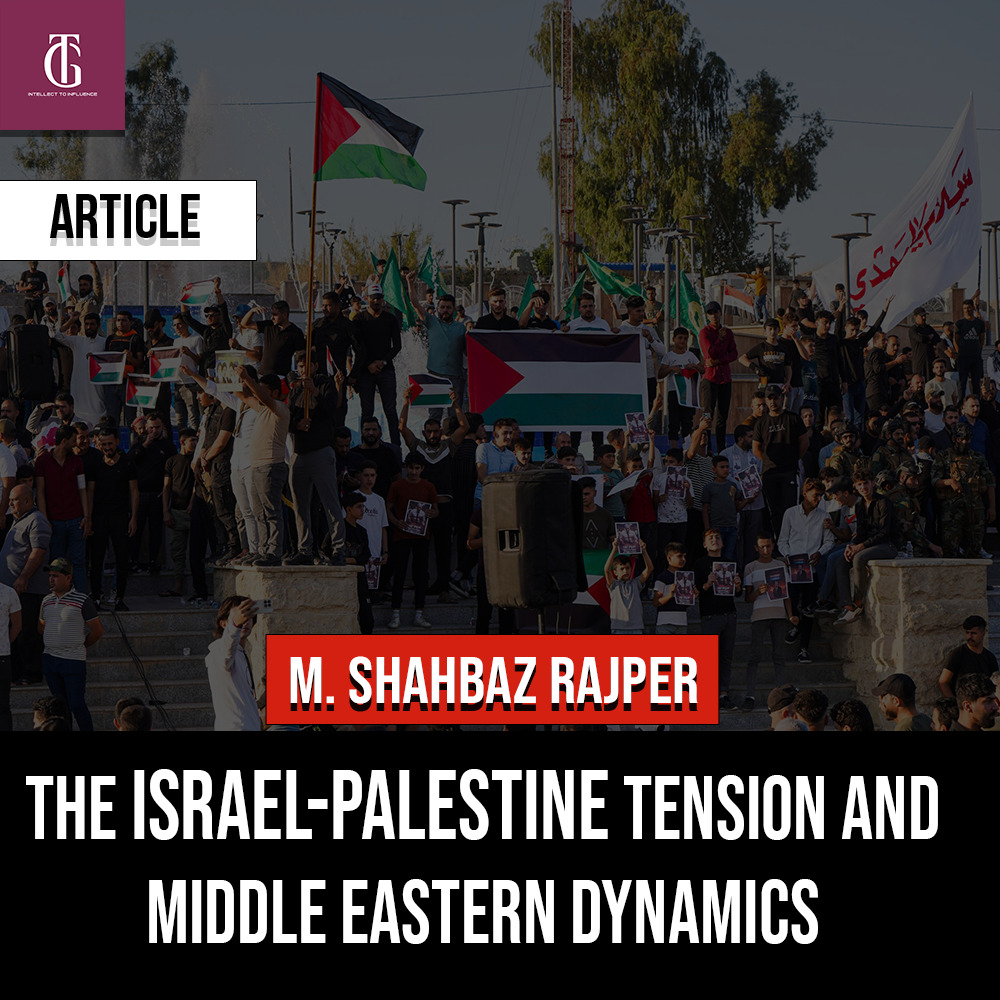
Israel-Palestine has been a source of tension in the Middle East and concern internationally for over 100 years. It is characterized by violence, upheavals in politics, and countless searches for peace and homeland. The cold war between Saudi Arabia and Iran despite the recent rapprochement leads to major proxy wars in the Middle East, Yemen being the prime example. In such an unstable region, the start of the Israel-Palestine conflict is alarming. Recent events brought the dispute to global attention, highlighting both countries’ fragile geopolitics.
History
The Israel and Palestine Conflict is rooted in late-19th century Zionism and Arab nationalism, as well as the United Nations Partition Plan of 1948 which tried to create separate Jewish and Arab States within the British Mandate of Palestine. After the creation of Israel in 1948, there were major Arab-Israel Wars of 1949, 1956, 1967, and 1973 which followed it led to massive displacements of Palestinians across many Arab-Israeli Wars. The history of this conflict is because of the religious affiliation of Palestinians and the Arab World, along with some political aims of major powers.
Recent Dynamics
In recent years the conflict between Israel and Palestine has escalated to violence, with both sides suffering casualties. As everyone tries to predict how the renewed hostilities are going to play out, alliances and alignments in the region also have changed. Iran being portrayed as the Leader of the Muslim World by its theocratic as well as authoritarian government is showing solidarity and supporting the Hamas. Whereas, Saudi Arabia remains more of a spectator with Yemen and Jordan also showcasing their stances.
Tensions between Israel and Palestine grew on 7 October when Hamas militants conducted a surprise, massive raid from Gaza into Southern Israel. They were able, by using stealth tactics to overcome Israeli defenses and lead them into civil areas, where they captured women and children. The unprecedented assault, which was intended to stop Israeli violations of Al-Aqsa Mosque and free Palestinian prisoners, descended into violence. Israel responded by declaring war, imposing an impenetrable blockade, and launching extensive air and ground strikes. This led to many Palestinian deaths and significant destruction of infrastructure.
Middle Eastern Dynamics
Middle East residents can feel the impact of the Israel-Palestine Conflict. The humanitarian crises caused by this conflict have stretched the resources and sparked fears about mass displacement. A huge number of aids are all being gathered by the Middle Eastern states for the Gaza Strip. However, if the tensions move beyond its bilateral nature, the dynamics of Middle Eastern politics will change drastically. Nations like Egypt and Jordan, which traditionally have played a mediatory role are now directly feeling its impacts as tensions escalate.
The Israel-Palestine Conflict has also profound implications for the sociopolitical dynamics of Arab societies. It has been adopted as a symbol of resistance, a rallying cry for states sharing borders with both countries. Social media plays a key role in raising awareness and influencing public opinion.
Along with this, there can be an immense number of economic losses in the whole Middle Eastern region along with a huge setback to global trade. Such economic instability if happens will surely affect the global and regional powers to take the issue seriously and the issue will move from its regional level to a global issue.
The Implications
The Israel-Palestine Conflict has also wide-ranging implications for international relations, as major powers such as the US are invested in the stability of the region. Therefore the Israel-Palestine Issue continues to be a part of the foreign policy agendas that affect diplomatic ties and trade agreements between the two parties.
Conflicts between Palestine and Israel have far-reaching effects on the economy. They can jeopardize projects such as an economic corridor that was planned in this area due to their unpredictable nature. As a result of conflict, economic potential is often harmed by prolonged unrest.
Gaza, under Israeli blockade, is suffering from a severe humanitarian crisis. It lacks water, electricity, and medical supplies, which further exacerbates the situation for its civilians. The international community’s calls for a ceasefire and humanitarian aid highlight the urgency of this situation.
Peace Prospects
Israel and Palestine are still at odds, but there is hope for a peaceful solution through the talks that Egypt and Qatar have facilitated. Despite any future ceasefire, the level of damage and instability this conflict has created will have long-lasting impacts. These discussions led to small victories like the release of hostages. Unfortunately, the conflict between Israel and Palestine remains complex, requiring patience, concessions by all parties, as well as a commitment to peaceful resolutions.
Conclusion
Israel-Palestine is a complex conflict with many ramifications. The recent escalation has deepened the wounds of this region and brought world attention to finding a sustainable solution. Israel and Palestine are not only fighting for themselves; they also represent a much larger struggle in the Middle East. It should be understood in a broader war where religious sentiments and affiliations also have an important impact. Peace must be achieved by understanding long-standing differences, or at least managing them to prevent history from repeating itself.





